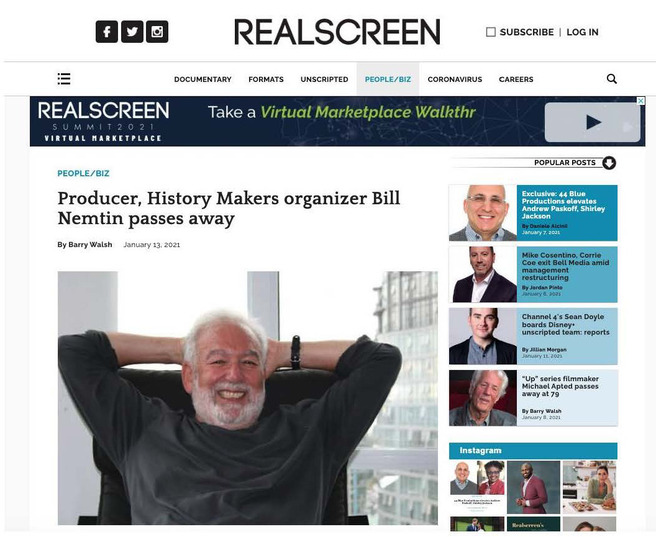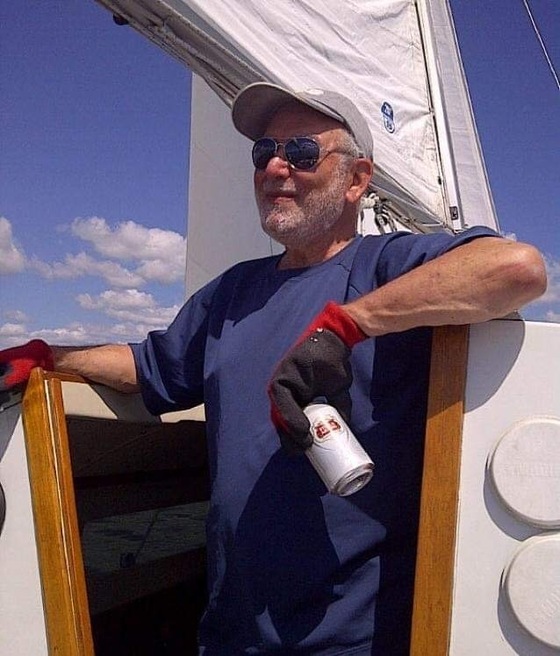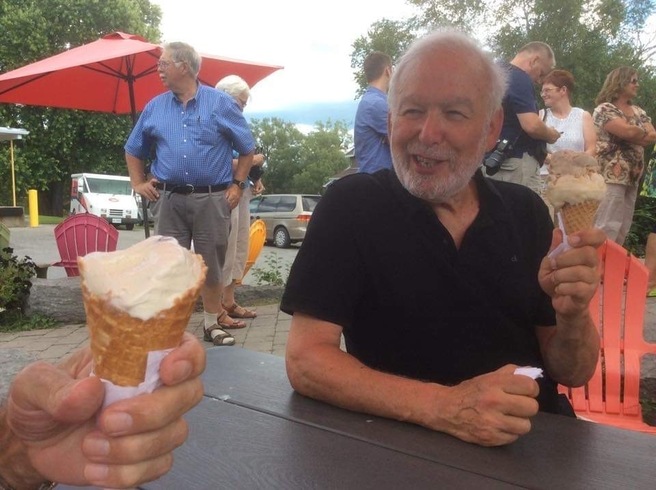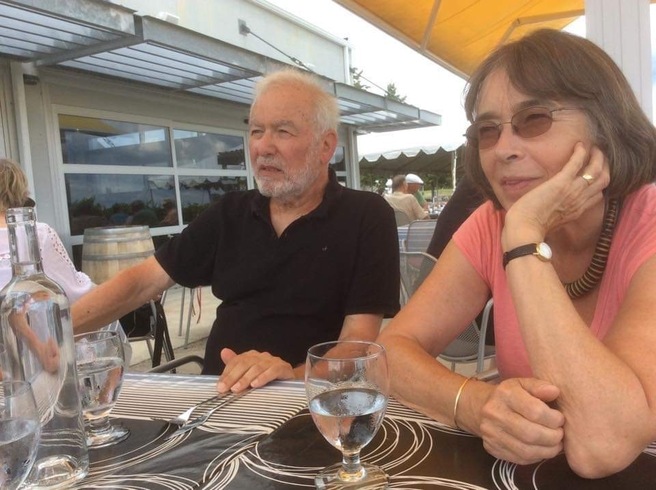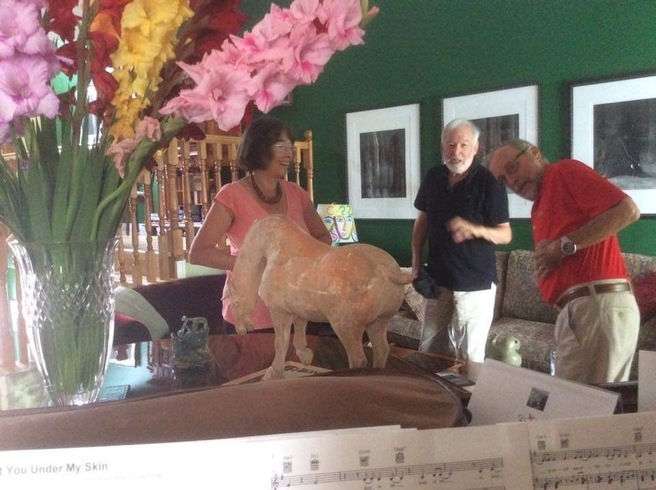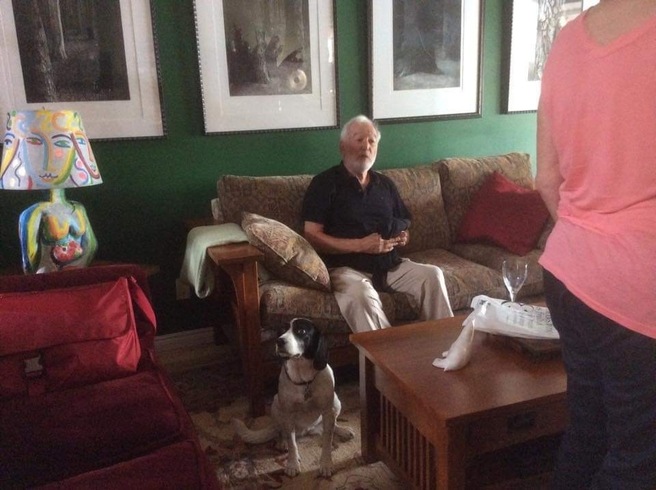Bill's more recent political activism
January 31, 2021
by Greg Parston
As many of these stories tell clearly, Bill was concerned about social justice all of his life. I had the pleasure of working with him for a little while just a few years ago on a political initiative about which some of his friends might not be aware:
In September 2012, while standing in a Telluride Film Festival queue at the Mountain Village cinema, Bill and I had a lively conversation about public policy discourse. We agreed - and were both angered by the fact - that while politicians and the media argue about the roles of government and business in health, education and public safety, the public is noticeably absent or – worse – ignored in those debates, except perhaps to be inveigled to support entrenched political and professional positions that frequently don't serve the public's interest. We thought we should and could do something about that.
So, on our return to London, we met several times (usually at the old Riverside Studios in Hammersmith) and developed the idea of "Raising PUD", a campaign to help heighten public understanding and discourse (PUD) on the direction of change in society and ultimately on the exercise of democracy.
We registered a web site, Raising PUD, and collaborated on a short paper on the need to engage the public in a wider and more intelligent debate about public policy and public value. Our aim was to find financial support for deliberative work and enquiries with citizens that would be undertaken by the then Public Management Foundation, which I chaired. Using the paper as a starter, we held a couple of seminars on PUD in 2013, including all sorts of folk, ranging from the Imperial College to the BBC to the WellcomeTrust (which expressed great research interest in the subject - but offered no money!).
Sadly, nothing emerged from our organising efforts in the end and the disempowerment of citizens from public policy continues as a real problem today - a problem that also continued to anger Bill.
I fondly remember Bill introducing himself at one of our seminars (held just after his 70th birthday-induced change of career) as a "stand-up comic". Funny or not, it certainly was fun - and energising - working with him.
In September 2012, while standing in a Telluride Film Festival queue at the Mountain Village cinema, Bill and I had a lively conversation about public policy discourse. We agreed - and were both angered by the fact - that while politicians and the media argue about the roles of government and business in health, education and public safety, the public is noticeably absent or – worse – ignored in those debates, except perhaps to be inveigled to support entrenched political and professional positions that frequently don't serve the public's interest. We thought we should and could do something about that.
So, on our return to London, we met several times (usually at the old Riverside Studios in Hammersmith) and developed the idea of "Raising PUD", a campaign to help heighten public understanding and discourse (PUD) on the direction of change in society and ultimately on the exercise of democracy.
We registered a web site, Raising PUD, and collaborated on a short paper on the need to engage the public in a wider and more intelligent debate about public policy and public value. Our aim was to find financial support for deliberative work and enquiries with citizens that would be undertaken by the then Public Management Foundation, which I chaired. Using the paper as a starter, we held a couple of seminars on PUD in 2013, including all sorts of folk, ranging from the Imperial College to the BBC to the WellcomeTrust (which expressed great research interest in the subject - but offered no money!).
Sadly, nothing emerged from our organising efforts in the end and the disempowerment of citizens from public policy continues as a real problem today - a problem that also continued to anger Bill.
I fondly remember Bill introducing himself at one of our seminars (held just after his 70th birthday-induced change of career) as a "stand-up comic". Funny or not, it certainly was fun - and energising - working with him.


